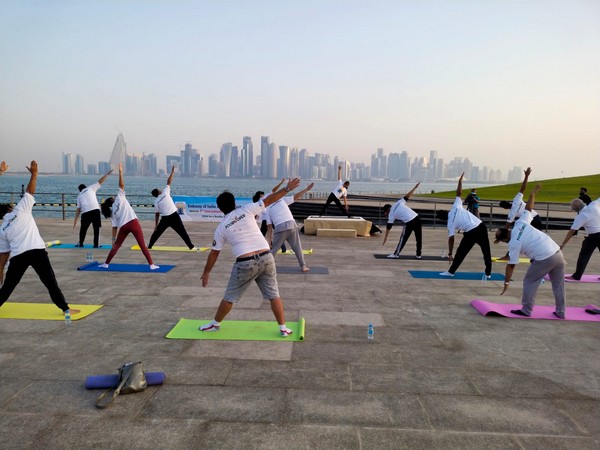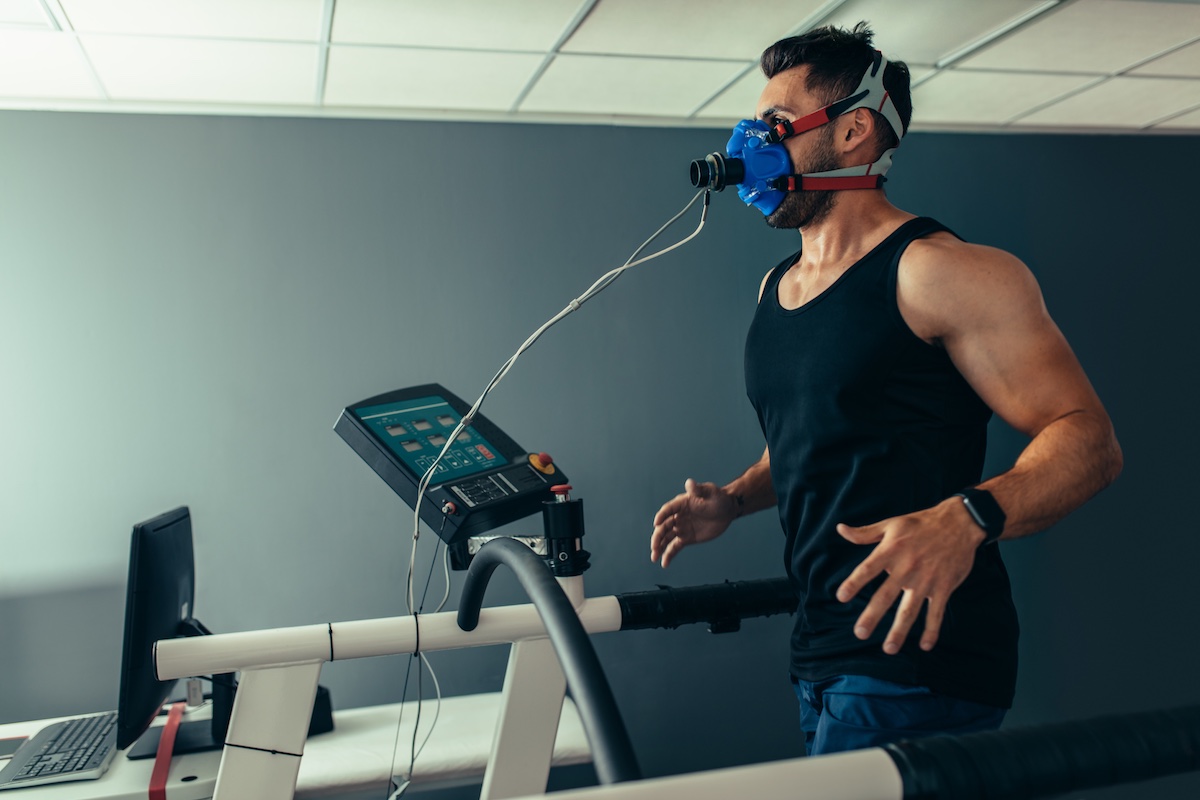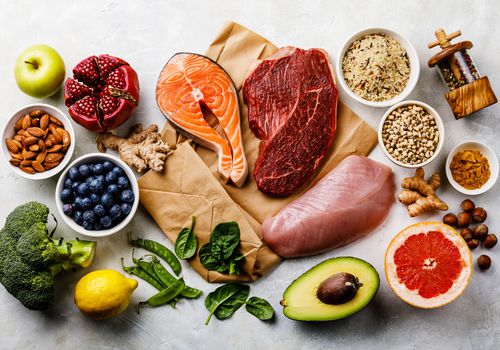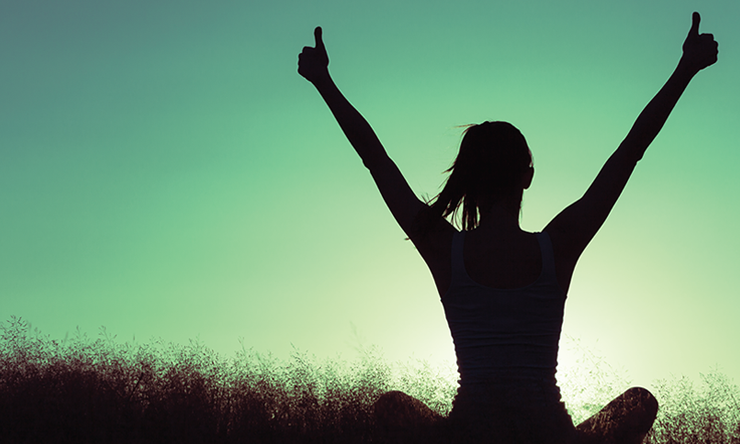You often hear the old “eight glasses of water a day” adage as a way to stay hydrated. It’s possible to still be dehydrated after drinking a lot of water.
This may be discouraging for avid H2O drinkers, but if you can pinpoint the source of the problem, you can rectify it and become hydrated again.
The biggest signs that you’re dehydrated include inability to sweat, dry skin, bad breath, dark pee, and urination less than six times a day. It might be confusing if you’re experiencing these signs even after drinking lots of water, but drinking water isn’t all that it takes to stay hydrated.
Here are some reasons you might be dehydrated despite seemingly adequate water intake, according to experts.
You’re Missing Electrolytes
Electrolytes like sodium, chloride, magnesium, and potassium are necessary to deliver fluids to your cells. Consuming water, especially in excess, can flush out electrolytes and fiber. Similarly, excessive sweating from strenuous exercise results in a loss of electrolytes. It is recommended to focus on drinks with a lot of electrolytes, like coconut water, and eating fruits and vegetables with a lot of fiber to combat these losses.
You’re Not Drinking Often Enough
If you drink a ton of water in one sitting, that won’t hydrate you as well as drinking often throughout the day. When you are thirsty, you are already heading down the road to dehydration. You need to be drinking water all day long, as opposed to only when you are thirsty. Your body will absorb more water over the course of the day, rather than at one shot.
It can be helpful to keep track of the amount of water intake throughout the day to make sure you are taking in enough fluids. Think about getting a water container that marks off fluid amounts, or using an app.
It Could Be A Sign Of Diabetes
If you are constantly feeling dehydrated and urinating excessively, this may be the first sign of diabetes. Because their bodies are trying to get rid of sugar, people with diabetes pee frequently, which can dehydrate them. If you find yourself always thirsty and peeing a lot, it may be worth it to get tested for diabetes.
You’re Drinking Dehydrating Fluids
Even if you’re drinking lots of water, drinking the wrong drinks can cancel it out: coffee and soda are particular culprits. The National Health Service notes that while a small amount of coffee won’t dehydrate you, caffeine operates as a diuretic, meaning that it can cause you to lose liquid more quickly. A study on rats published in the American Journal of Physiology in 2016 also found that rehydrating with soft drinks can actually make dehydration worse. Stick to electrolyte-rich drinks and plain water if you’re feeling very dry-mouthed.
You’re Consuming An Imbalanced Amount Of Salt
Sodium is one of those Goldilocks substances: too much and too little can both create difficulties. If you ingest very little salt, your body stops conserving as much water in its organs, leading to a higher rate of dehydration, according to Harvard Health. On the other hand, consuming too much salt can make you urinate more, which can also make you dehydrated.
You’ve Been Sick
Being sick can make you dehydrated, depending on the kind of illness. For example, you may lose fluids if you have diarrhea. Some medications purposely flush water and electrolytes out of the body. Diuretics, laxatives, antacids, and blood pressure medication can all cause dehydration as a side effect.
You’re Not Actually Drinking Enough Water
Even if you’re drinking eight glasses a day or more, that may still not be enough for you, depending on your size and level of physical activity. You may not actually be getting as much water as you think. The general recommendation is to drink about eight glasses of water a day, but this should be tailored to individual’s weight and activity levels.
If you’re experiencing signs of chronic dehydration despite drinking lots of water, talk to your doctor about what might be going on and how to stay hydrated.
Source : Bustle







Leave A Comment
You must be logged in to post a comment.